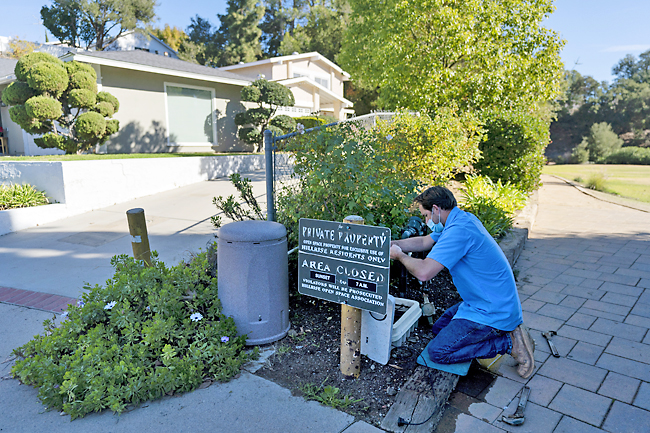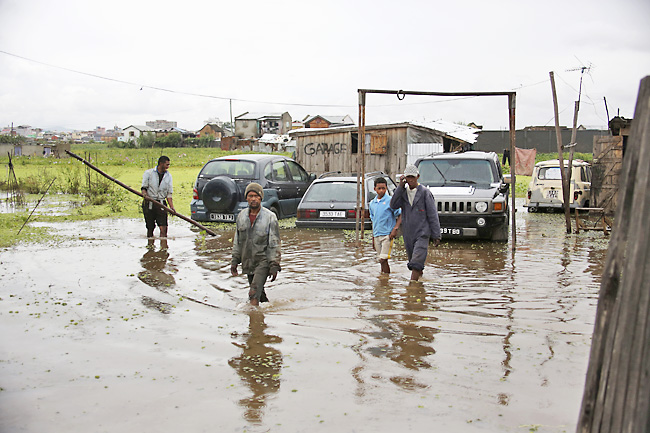Jerudong International School (JIS) is an ‘outstanding’, academically selective, fully accredited, thriving boarding school occupying 120 acres of a coastal campus a short drive from the capital city Bandar Seri Begawan. The school’s motto is “Achieving Excellence” and strives to do this in every area.
JIS is a ‘British School Overseas’, IB World School and Eco School with 1,680 students from 55 countries, aged three to 18, offering a British International Curriculum including IGCSEs and ‘A’ Levels and the IB Diploma.
The school is an international member of the prestigious United Kingdom (UK) Headmasters’ and Headmistresses’ Conference (HMC) organisation, Council of British International Schools (COBIS), the Federation of British International Schools in Asia (FOBISIA) and the Boarding Schools’ Association (BSA), in addition to being recognised by The Good Schools Guide. The 200 highly qualified teachers primarily from the UK pride themselves on providing an education that is not only academically challenging but also seeks to develop the whole student.
In January 2019, JIS became the first international school in the world to achieve the highest rating in all nine areas inspected by the British Schools Overseas (BSO) inspectorate. These are: quality of education provided; spiritual, moral, social and cultural development of pupils; welfare, health and safety of pupils; suitability of proprietor and staff; premises and accommodation; provision of information to parents, carers and others; manner in which complaints are handled; quality of leadership in and management of schools; and minimum standards for boarding.
ACADEMIC EXCELLENCE
JIS examination results have been excellent with students entering the best universities in the world every year.
Despite the pandemic, in 2020, JIS graduating students were awarded outstanding grades. One hundred students received their ‘A’ Levels with 63.3 per cent being awarded all A*, A or B grades. The locations where the top performing ‘A’ Level students are now studying include the UK (the University of Cambridge, University of Sheffield, University of Aberdeen and Nottingham University), Australia (Melbourne University), Canada (University of British Columbia and University of Calgary), Singapore (Nanyang Technological University) and Brunei (Pengiran Anak Puteri Rashidah Sa’adatul Bolkiah Institute of Health Science of Universiti Brunei Darussalam).
The graduating IB Diploma student cohort achieved a top score of 43 points, an average score of 37 points and 97 per cent exceeding the world average. Their university destinations include Australia (Monash University), Brunei (Universiti Brunei Darussalam), Canada (University of Toronto and University of British Columbia), New Zealand (University of Auckland), UK (London School of Economics and Political Science, University of Bath, University of Leeds and University of Manchester) and Netherlands (Erasmus University).
One hundred and fifty nine students were awarded IGCSE grades with 64 per cent of all grades being A*–A grades, 96 per cent being A*-C.
DIGITAL PORTAL
Once enrolled at JIS, students and their parents have access to the school’s digital learning portal, Firefly. The school also uses Google Classrooms. Students in Year 6 and above have their own personal device (Years 6-9 have Chromebooks and Years 10-13 have laptops). The Firefly portal makes it easy for students to access their homework, timetables and resources as well as collaborate with teachers and peers.
Firefly is also used by parents and teachers, with different permission levels. Parents can find information about their children’s academic progress, homework and timetable as well as the school’s co-curricular activities. Parents are also able to access a wealth of information about the school and curriculum.
The school believes that digital learning is key to ensuring that every student gets the most out of their learning experience. Students have access to the campus WiFi, in line with the school’s policy of learning anytime and anywhere.
FACILITIES AND CO-CURRICULAR ACTIVITIES
The exceptional facilities, fully WiFi and networked, include 27 science laboratories, an extensive Performing Arts Centre and music faculty, art, design and technology studios, libraries and traditional classrooms. The wellequipped medical centre takes care of all students.
Sports facilities are extensive, with two swimming pools (50 metres and 25 metres), three air conditioned sports halls, three covered netball/basketball courts and three football/rugby pitches. A project to enlarge and develop the former tennis courts area was completed in February 2021. This covered area now includes two squash courts, two championship level tennis courts and cricket practice nets. The newly enlarged and renovated library was re-opened in February 2021.
A strong co-curricular programme exists with almost 300 activities on offer including a wide range of sports and arts activities, EcoJIS – a student led project leading the school towards the Green Flag status, House competitions, International Award (DoE) programme and the Model United Nations club. The school takes full advantage of the wonderful environment of Brunei to ensure that every child is the very best that they can be.
HOUSES
A House at JIS is a community. In the Junior School, the younger students are introduced to this concept using Blue, Green, Red and Yellow Houses. In the Senior School, the houses are smaller with up to 70 students. Named after birds in Borneo, the Senior School has 16 houses – four boarding houses and 12 day houses. The houses are single gender, and every girls’ house has a partner boys’ house who they work together with for a range of events and socials. Boarding houses are also partnered with day houses to encourage interaction among boarding and day students.
The house system provides an avenue for pastoral care, competition and camaraderie among the students. Each house has its own leadership team including a house captain and deputy captain, assisted by other students in different leadership positions unique to each House.
House competitions are held weekly and include sports events, arts, talent shows, debate, spelling bees and quizzes. Each house will arrange a lunchtime music performance for at least one Thursday during the year. Every house also runs a green business project every year such as the Stingless Bee Hives in the Outdoor Discovery Centre producing honey.












